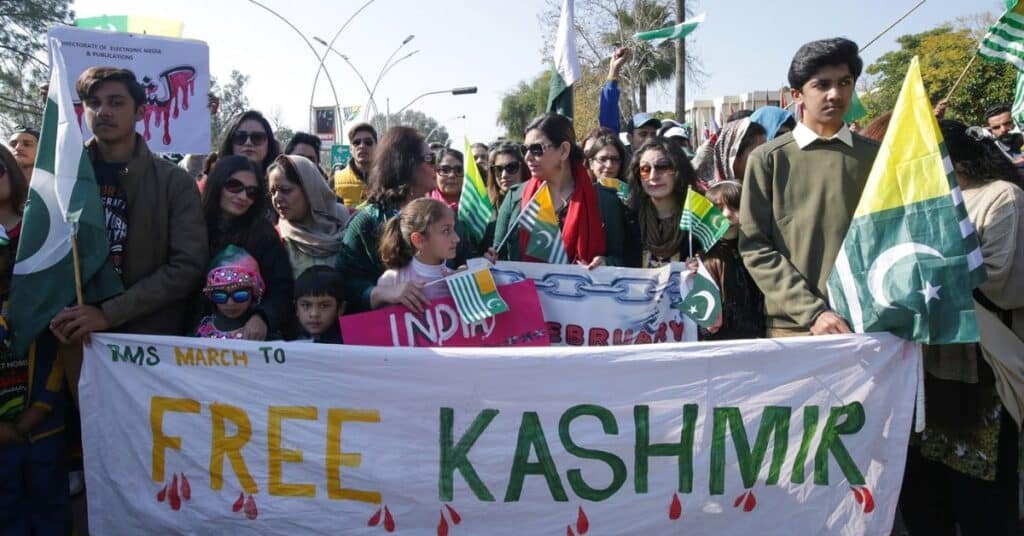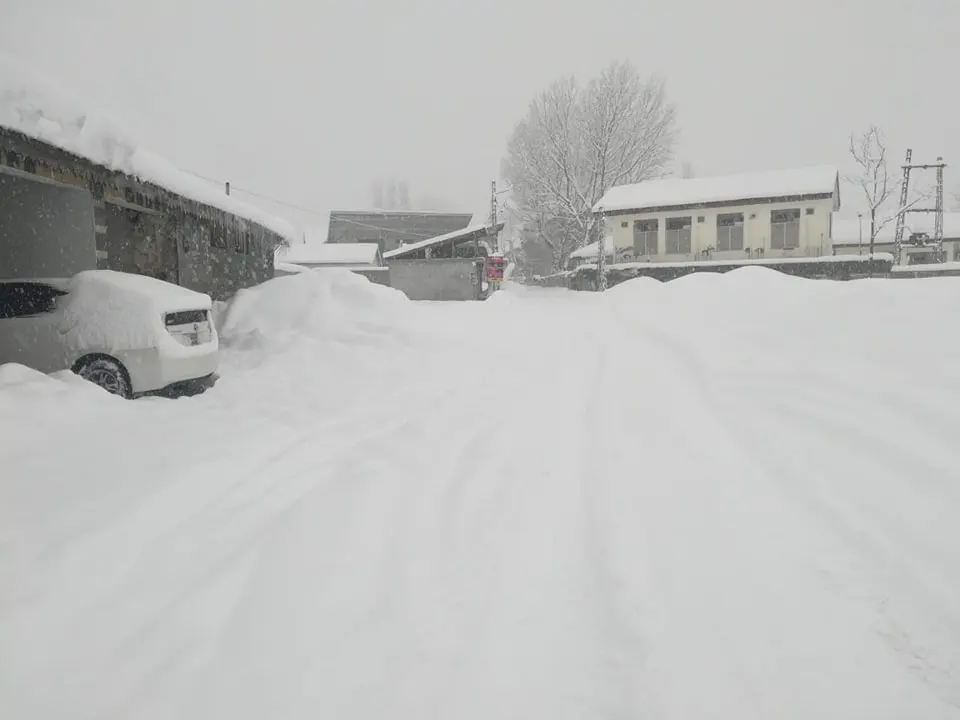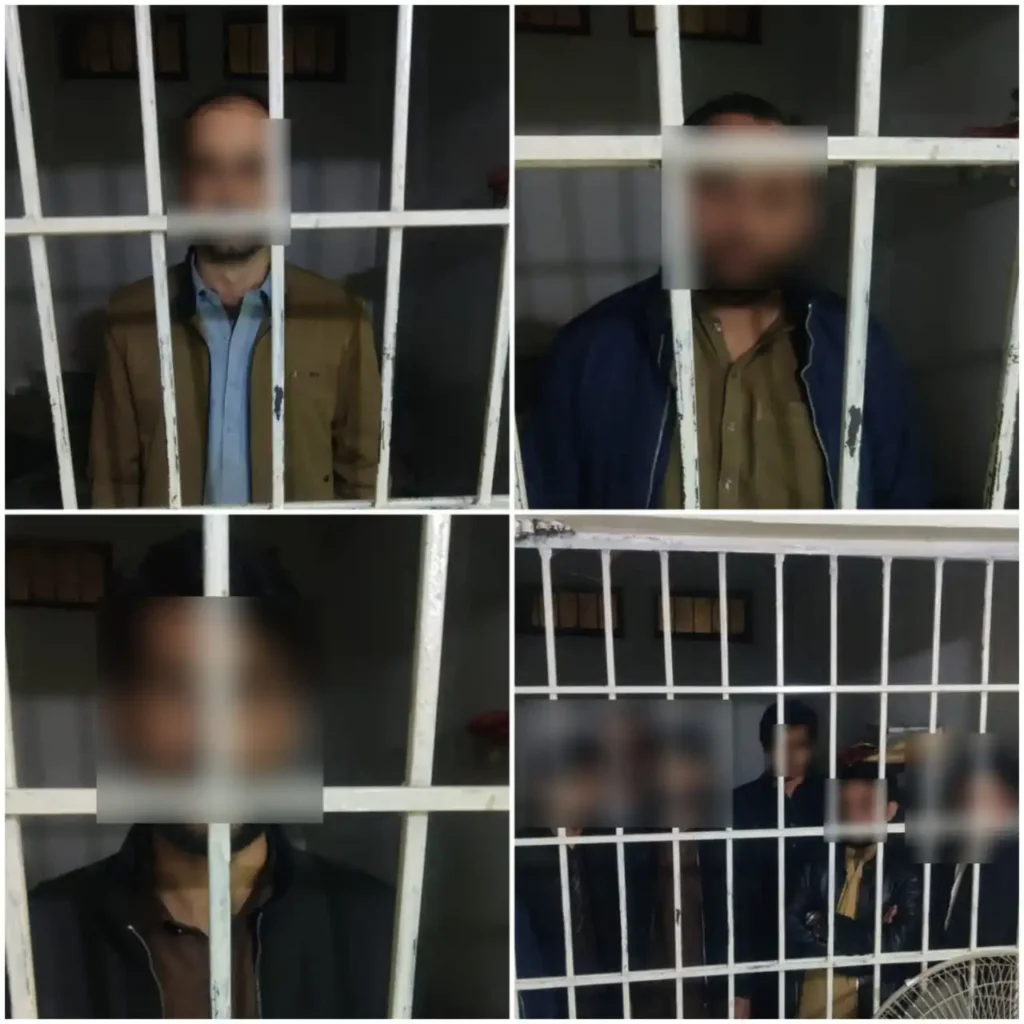PESHAWAR – Even after three days of Eidul Azha, rural parts of Peshawar continue to struggle with the incomplete removal of offal and solid waste from sacrificial animals. The lingering waste is creating unbearable odors and significantly impacting the quality of life for local residents.
In many outlying areas, offal has been dumped into water channels, leading to clogged drains and stagnant sewage water flooding streets, raising serious public health concerns. Communities in places like Chamkani, Tarnab, Pando, and Afridi Ghari have called on the Water and Sanitation Services Peshawar (WSSP) to expand their cleaning operations to underserved rural areas as a matter of urgency.
Noorul Amin, a Chamkani resident, pointed out that blocked drainage caused by animal waste has made living conditions very difficult, while Bilal Khan, who works in a real estate agency, highlighted how unchecked urban expansion is worsening sanitation problems in neighborhoods such as Gunj, Kohati, and Sikandar Town.
Dr. Malik Riaz Khan, a senior medical officer at Government Hospital Pabbi Nowshera, warned that these poor sanitation conditions and exposure to contaminated water heighten the risk of waterborne diseases, particularly in rapidly urbanizing zones.
Health and urban planning experts have underscored the urgent need to remove remaining offal and adopt effective urban management strategies to cope with these recurring issues. Meanwhile, officials from the Local Government Department stated that WSSP’s waste clearance operations are nearly complete and are expected to wrap up by midnight.
The Khyber Pakhtunkhwa Cities Improvement Project (KPCIP), backed by the Asian Development Bank and the Asian Infrastructure Investment Bank, is also in motion to revamp municipal services in Peshawar and other key cities. The initiative, aimed at serving more than 3.5 million residents, focuses on integrated waste management and improved access to clean water and sanitation — critical steps toward managing the pressures of growing urban populations.
Read also: Factories in Khyber Pakhtunkhwa directed to control pollution





